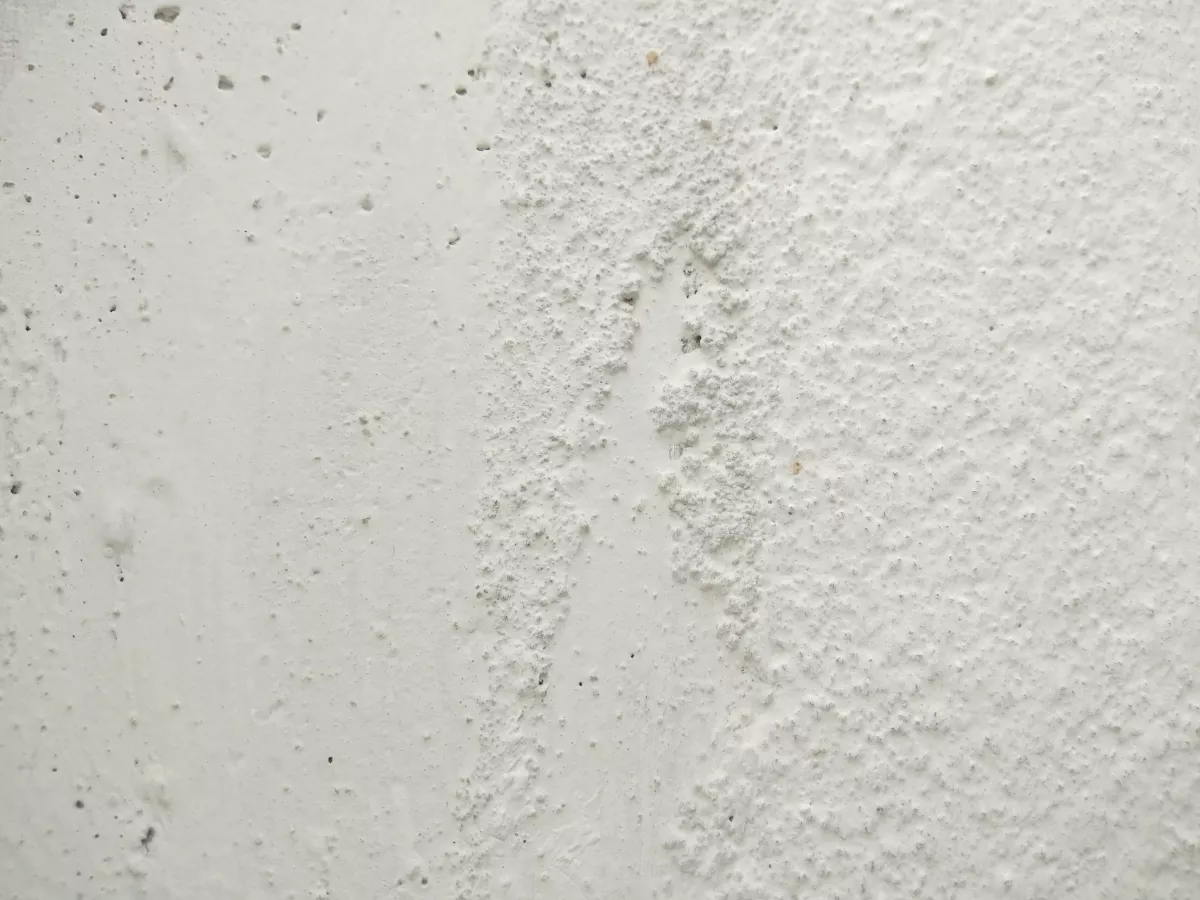- What is Ketamine?
- Seven Factors That Will Affect How Long Ketamine Will Last In Your System
- What is Ketamine’s Half-Life?
- How Can I Get a Ketamine Drug Test?
- How Long Does Ketamine Stay in Urine?
- How Long Does Ketamine Stay in Your Blood?
- Does Ketamine Show Up in a Hair Follicle Test?
- Chart: How Long Ketamine Stays In Your System
- How Long Do The Effects of Ketamine Last?
- Ketamine Withdrawal Symptoms
- Treatment for Ketamine Addiction at Avenues Recovery
Ketamine can stay in your system for up to four months after a single dose. Read on for the full picture of how long ketamine stays in your system, from Avenues Recovery, leader in addiction rehabilitation.
What Is the Ketamine Half-Life?
The half-life of a drug refers to the time it takes for the concentration of a drug in the body to be reduced by half. The half-life of ketamine is two and a half to three hours. It takes most drugs four to five half-lives to be eliminated from the body. Therefore, it takes ten to twelve and a half hours for ketamine to leave an adult’s system.
How Long Do Ketamine Effects Last?
Two and a half to three hours after taking ketamine, a person can start to have a ‘comedown’. To avoid the feeling of a comedown, many people will take the drug again, to return to the euphoric state they were in before. Ketamine can take between one and 30 minutes to take effect. While ketamine has a shorter half-life than most drugs, traces of ketamine and its metabolites can be found in a person’s blood, urine, saliva, or hair for much longer.

Factors Affecting How Long Ketamine Stays in Your System
The following factors can affect how long ketamine stays in your system:
- Dose: Higher doses may take longer to metabolize and eliminate.
- Frequency of Use: If ketamine is used regularly, it can stay in the body longer and take more time until it’s fully removed.
- Method of Administration: Intravenous administration has a faster onset and shorter duration than intramuscular injection.
- Metabolism: If a person has a slow metabolism, ketamine will stay in their system for a longer period of time.
- Body Composition: Since ketamine is a fat-soluble drug (which means that it’s stored in a person’s fatty tissue), ketamine will stay for a longer period of time if the individual has a higher composition of body fat.
- Hydration Levels: The more a person drinks, the faster the ketamine will be washed out of their system.
- pH Levels: Alkaline urine (urine with a higher pH) can potentially help flush ketamine out of the body more rapidly.

Does Ketamine Come Up in a Drug Test?
There are many types of drug tests. Ketamine will be detected by some of them.
However, it’s important to note that the exact detection time can vary depending on various factors, including the individual’s metabolism, the dose taken, and the frequency of use.
Sometimes ketamine may be detectable for a slightly longer duration, especially with heavy or chronic use. Additionally, certain drug tests may have different sensitivities and detection thresholds, which can affect the ability to detect ketamine.
Does Ketamine Show Up on a 5 Panel Drug Test?
No, ketamine usually does not show up on the regular 5 or 10 panel drug screening.
How Long Does Ketamine Stay In Urine?
A ketamine urine test can typically detect ketamine and its metabolites for approximately three to five days after use.
How Long Does Ketamine Stay In Your Blood?
A blood test can show traces of ketamine in your blood for up to three days after use, but the blood test is most effective when administered within 24 hours.
Does Ketamine Show Up in a Hair Follicle Test?
Yes, ketamine can show up in a hair follicle test for up to four months after a single use. Ketamine stays in hair samples for much longer than it does in blood or urine since drugs are metabolized much quicker in blood and urine.
How Long Does Ketamine Stay In Saliva?
Ketamine can be detected in saliva for 24-48 hours after use.

How to Get Ketamine Out of Your System
Ketamine withdrawal symptoms are unpleasant, if not dangerous. Symptoms can be physical, behavioral, or emotional. They include but are not limited to:
- Hallucinations
- Irregular heart rate
- Irregular blood pressure
- Psychosis
- Paranoia
- Depression

It is important to be aware of the symptoms and request professional help when necessary. At a premier rehab center, such as Avenues Recovery, the detoxification and withdrawal process is tailored especially for you. Expert counselors are on-site 24/7 to assist you in your journey to recovery.
Although recovery from addiction and getting ketamine out of your system permanently can be challenging, it is definitely possible. If you or a loved one is suffering from ketamine abuse, reach out to us at Avenues Recovery so we can help you on your journey to sobriety. We offer a variety of treatment programs and resources to help you recover.



